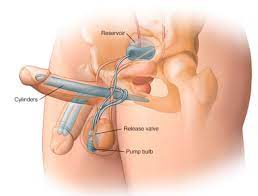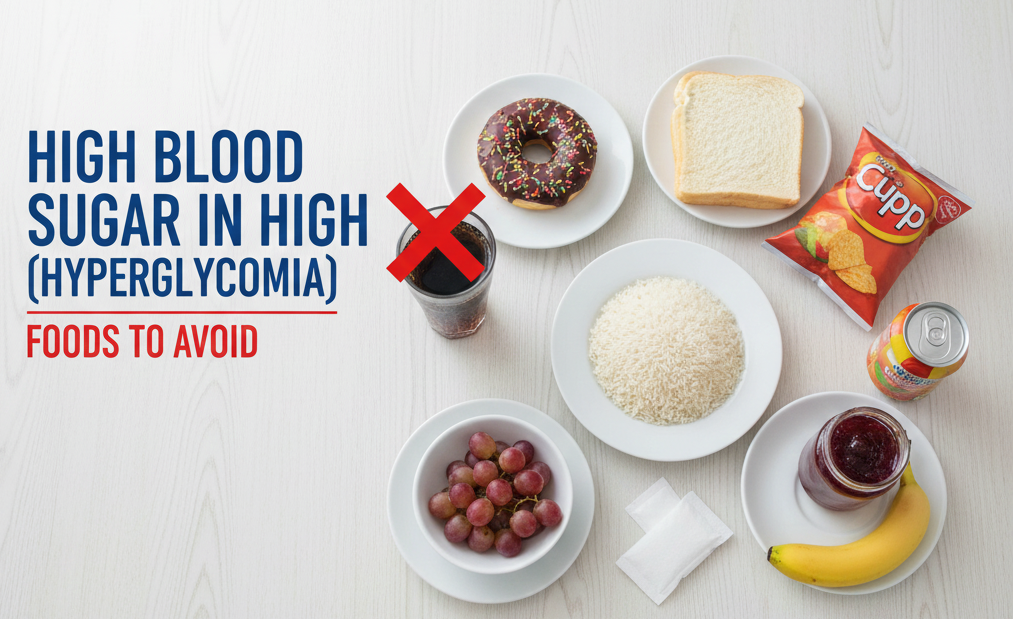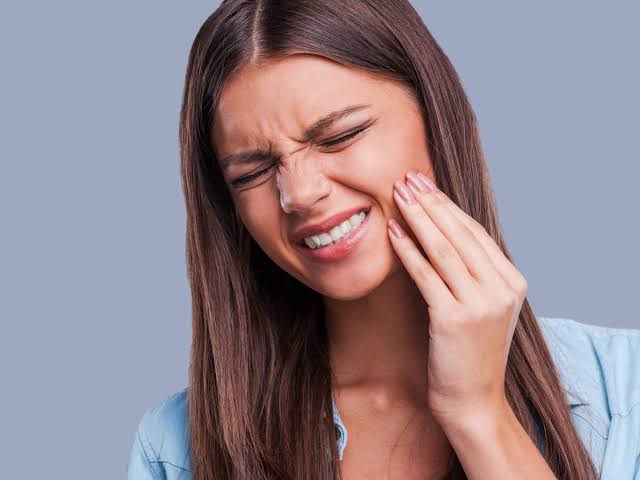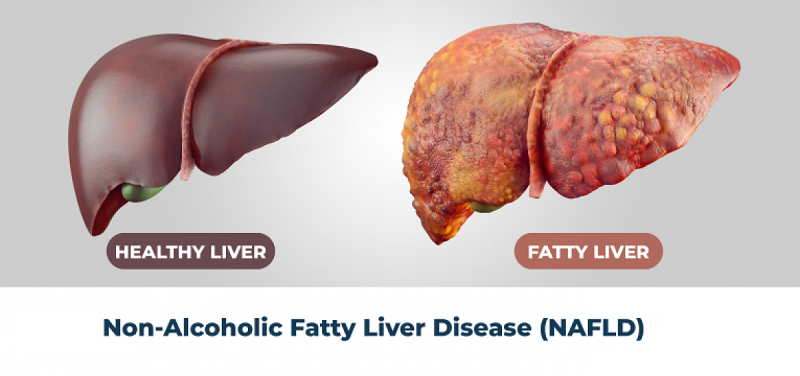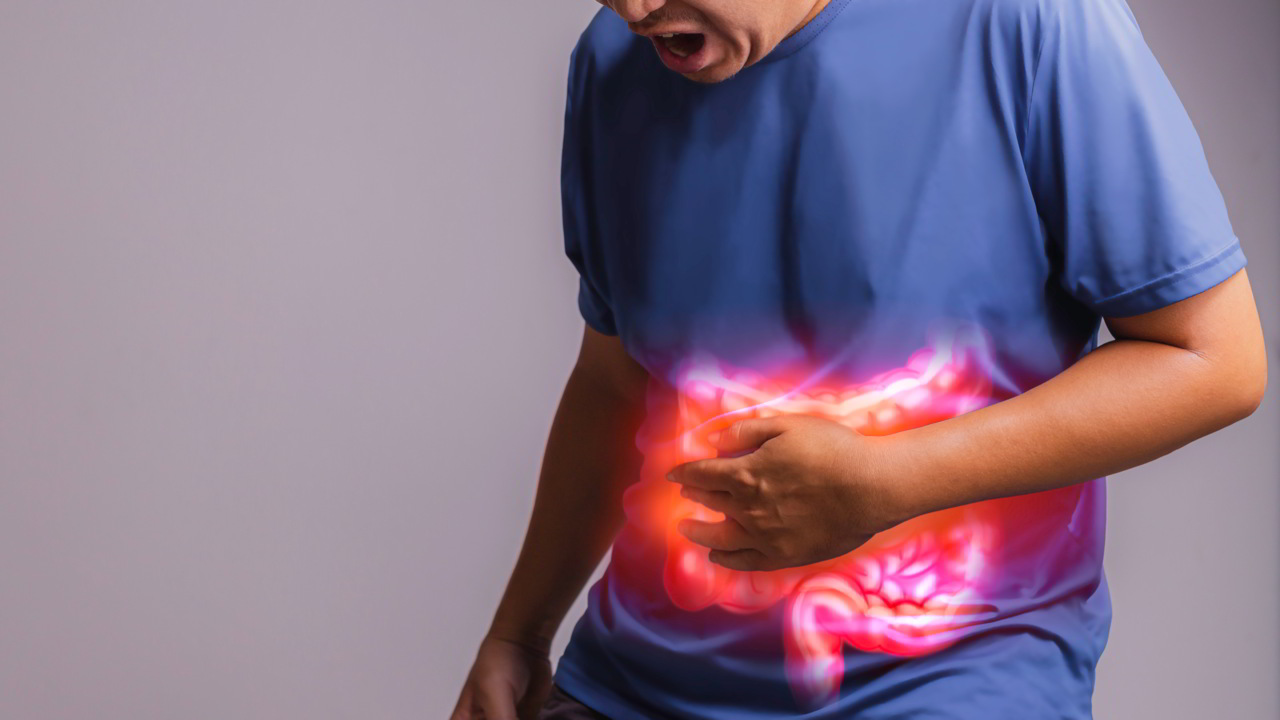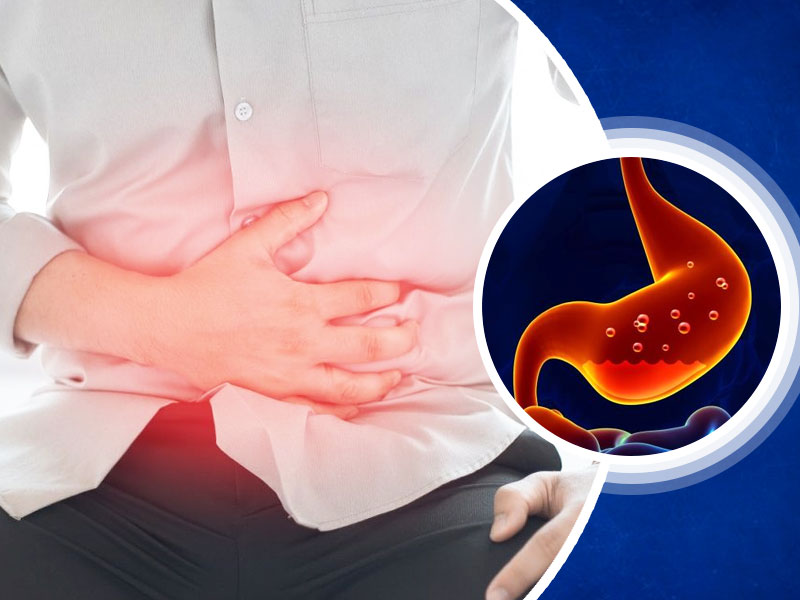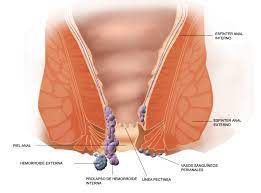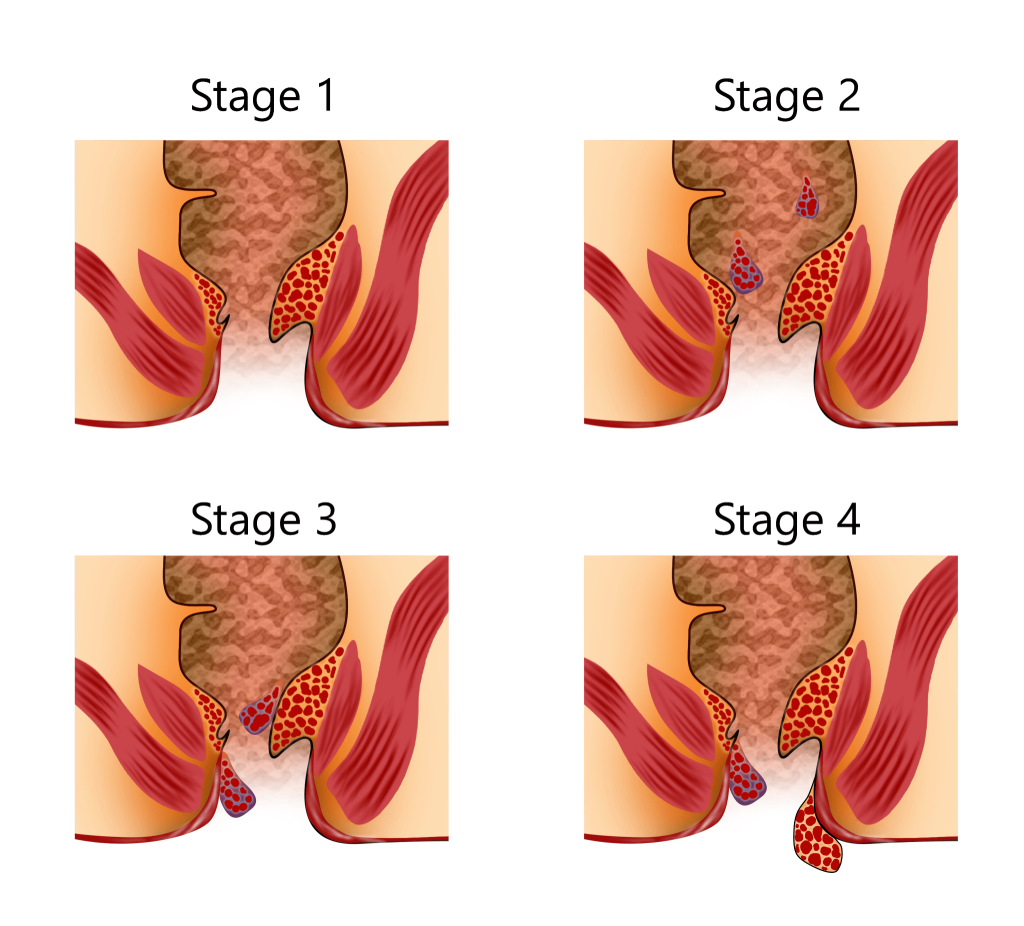Erectile Dysfunction and Its Treatment
Erectile dysfunction (ED) is the inability to achieve or maintain an erection firm enough for satisfactory sexual performance. It's a common condition that can affect men of all ages.
Causes of ED:
ED can stem from a variety of factors, including:
- Physical health issues: heart disease, diabetes, high blood pressure, obesity, smoking, hormone imbalances, certain medications, or injuries to the pelvic area.
- Psychological factors: stress, anxiety, depression, relationship problems, or performance anxiety.
Symptoms:
Beyond difficulty achieving or maintaining an erection, ED can also lead to:
- Decreased sexual desire
- Low self-esteem
- Relationship difficulties
Treatment Options:
The most effective treatment for ED depends on the underlying cause.
Options include:
Lifestyle Changes: Making healthy lifestyle choices can significantly improve ED symptoms. These changes include:
- Regular exercise
- Weight management
- Quitting smoking
- Limiting alcohol consumption
- Stress management
Medications
Certain medications can help increase blood flow to the penis and improve erections. Common options include:
- Phosphodiesterase-5 (PDE5) inhibitors (Viagra, Cialis, Levitra)
- Hormone therapy (for low testosterone)
- Ayurvedic Medicines
